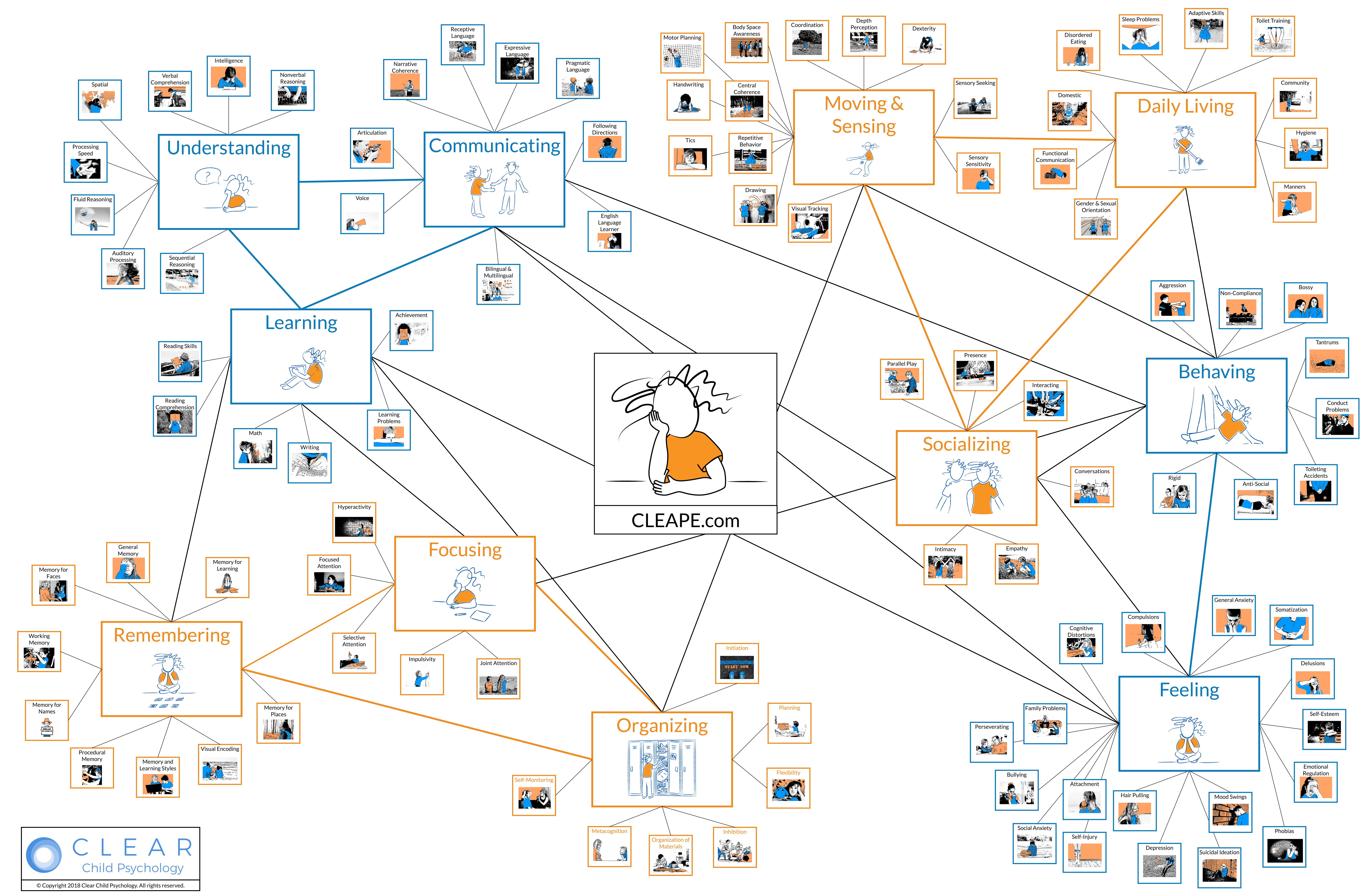Wondering how to get your child ready for school this fall?
As a parent, you know your own child. You know how he or she copes with transitions.
Whether this is your first year of school or your child is going into 5th grade, some children struggle with the end of summer and the start of the school year.
At times, schools offer camps or activities toward the end of the summer that take place at school. These opportunities can be helpful ways to gradually transition your child back to the school setting.
In the absence of camps or sports activities that get a child back into school, consider other ways to support your child in the weeks leading up to school starting.
First, think about bedtime, wake time, and lunchtime.
Summer schedules change as children attend camp, go on vacation, go to the pool or stay up late to watch those summer action movies.
Try to set up a consistent schedule that closely matches your school schedule.
Gradually ease your child or children back into a regular routine so that they are not shocked when school requires earlier mornings and rules around snack and lunchtime.
Next, take advantage of any opportunity to introduce your child to his or her new teacher in advance. Preferably, find a quiet time to meet the teacher, see the classroom and even find his or her seat or cubby can help a lot.
Give your child a chance to see the structure and expectations, read any classroom rules or see the daily schedule.
Allow your child to tell the teacher about interests, favorite classes, etc. Even 15 minutes to get a glimpse into the school year may help your child get off to the right start.
While not every child in the class may have such an opportunity, request this brief meeting if you know your child struggles with transitions back to school.
Every teacher wants to get the year off to a good start. Your child’s teacher should be open to meeting him or her in advance to improve the probability of a successful first day.
Usually, schools are happy to accommodate you on a teacher training and set up day.
Finally, try to plan some play dates with school friends in the weeks leading up to the transition. See if you can find out who is in your child’s class.
Otherwise, meeting with students in and around your child’s grade level, even to play on the school playground, if accessible, can help your child turn his or her focus back to the fun aspects of school and things to look forward to in the new school year.
Sometimes, difficulty with transitions can be related to general flexibility. Parents might find this article helpful to learn more about helping your child be flexible. https://cleape.com/organizing/flexibility/
If you continue to have concerns for your child, call CLEAR Child Psychology to schedule a consultation.
We hope your child has a smooth transition and a great school year!


